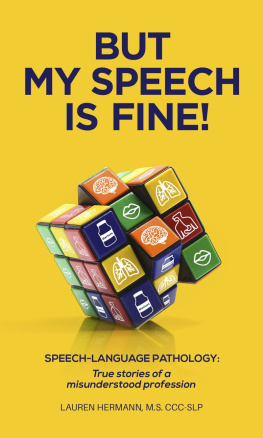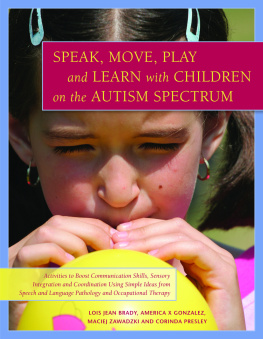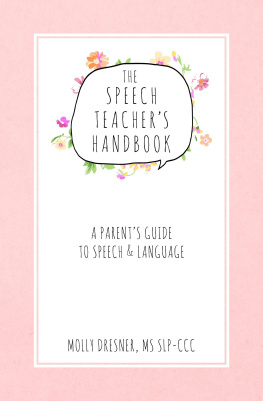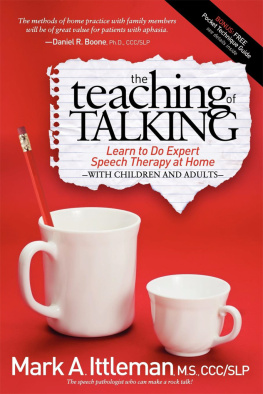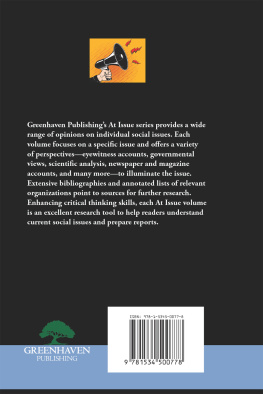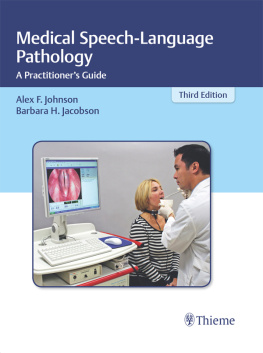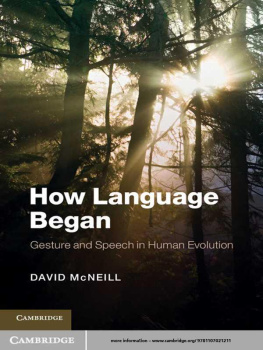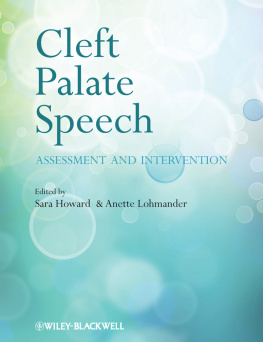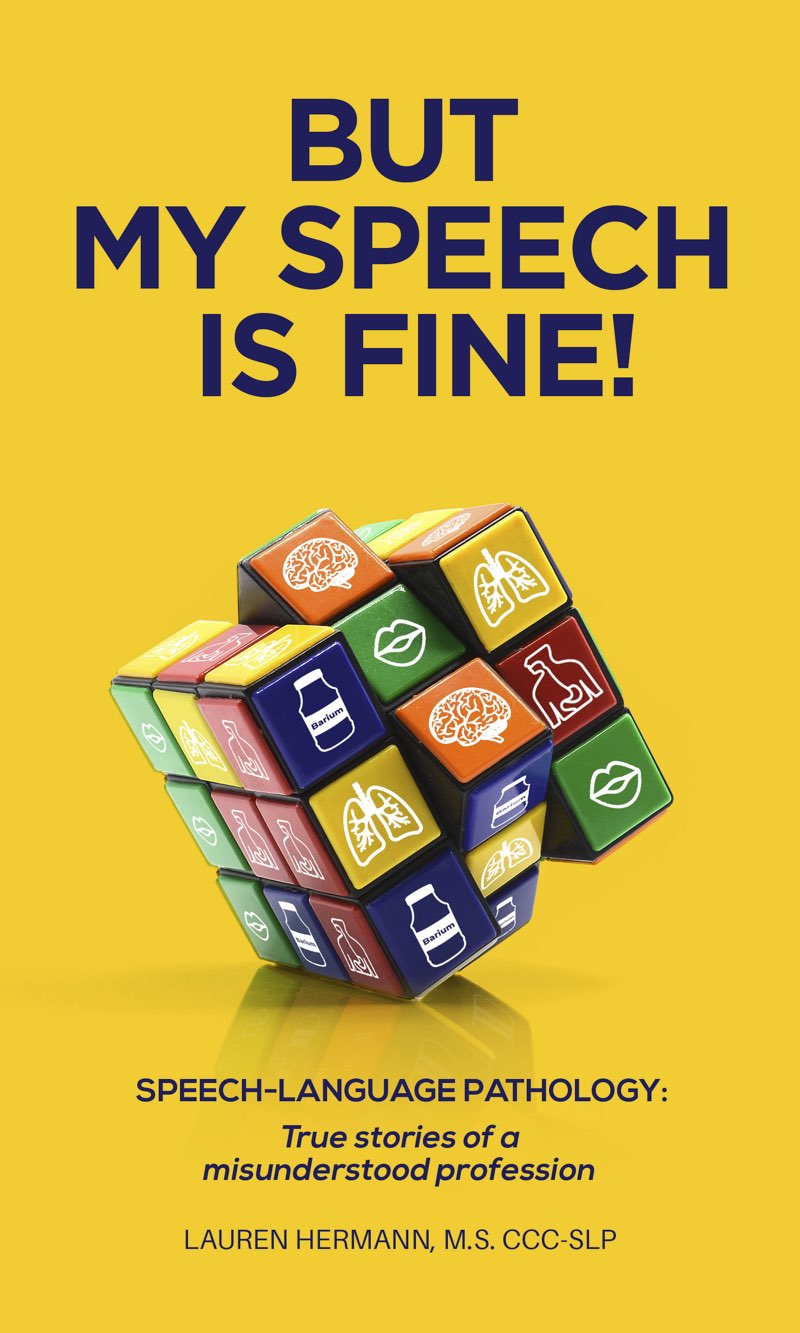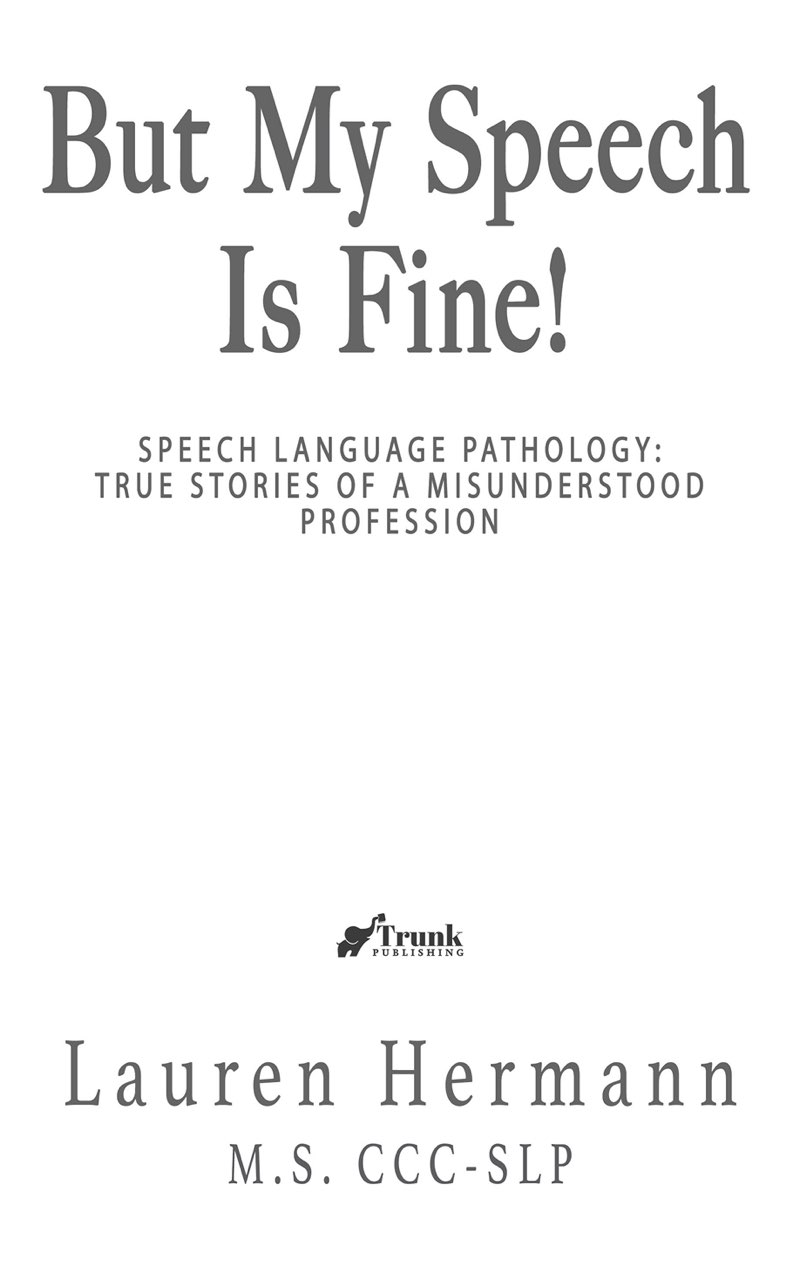BUT MY SPEECH IS FINE!
By Lauren Hermann
Copyright 2021 by Lauren Hermann
Cover 2021 by Lauren Hermann
Editors: Cristen Iris https://cristeniris.com and Stacey Smekofske
https://editsbystacey.com
Cover Design: Iram Anwar
Interior Design: Stacey Smekofske http://www.editsbystacey.com/
Published by Trunk Publishing
All rights reserved. For use of any part of this publication, whether reproduced, transmitted in any form or by any means, electronic, mechanical, photocopying, recording, or otherwise, or stored in a retrieval system, without the prior consent of the publisher, is an infringement of copyright law and is forbidden. Names have been changed to protect the privacy of the individuals involved in the stories or scenarios. All other stories are composites of the lives of real people, and any similarities to people you may know are purely coincidental.
The author shall have neither liability nor responsibility to any person or entity with respect to the information in this book. Disclaimer: This book is not meant to be used for training, diagnostic, or treatment purposes. If you feel you might benefit from speech therapy, please consult with your physician first. For further information about speaking engagements, professional consultation, or other related inquiries, see the authors website.
ISBN Print: 978-1-7371163-0-1
Digital: 978-1-7371163-1-8
First Printing
For my patients, colleagues, and family.
Contents
Media and Speech-Language Pathology
Stumbling into a Career
The Puerto Rican SLP
By: Edna Pimentel Ed.D., CCC-SLP
Newborns and Drugs
Early Intervention in the Home
By: Alyson Smith, M.S. CCC-SLP
More Than Speech
Words that Stick
By: Jenan Maaz, M.S. CCC-SLP
Cheap Therapy
Fellowship Fears
By: Maurice Goodwin, M.S., CCC-SLP
The Invisible Injury
From Patient To Practitioner
By: Monique Enciso-Vasquez, SLP Student
The Criminal Justice System
Speech in the Juvenile Detention Center
By: Debra Kerner, M.S. CCC-SLP
Hole in the Neck
Changing Protocol
By: Amanda Gill, MCD, CCC-SLP
The Wedding Speech
More Than Picture Cards
By: Maggie Donaker, M.S. CCC-SLP
Kay Part 1: From Tooth to Brain
Bobby B. and the SLP
By: Jessica Lasky, M.S. CCC-SLP
Kay Part 2: Now Were Talkin
A Therapist and Her Newspaper
By: Nishi Ladhani, M.S. CCC-SLP, CBIS
Kay Part 3: Three Words
Bittersweet
By: Anne Page, M.S. CCC-SLP
The Travel Life
Perspective on Traditions, Language, and Nourishment
By: Joshuaa Allison-Burbank, PhD, CCC-SLP, CPH
The SLP Who Participated in Her Own Brain Surgery
My Work in the Operating Room
By: Rosemary Barber M.Ed, CCC-SLP
Getting Burned
House Fires and Language
By: Ingrid Owens, M.S. CCC-SLP
Parkinsons and a Pandemic
My Journey to Teletherapy
By: Shelley Bernis, M.A. CCC-SLP
The World of Dementia
Dignity Matters
By: Katie Brown, M.A. CCC-SLP
Final Bites
The Swallow Bus
By: Ashley Kidd, M.S. CCC-SLP
The End of Your Life
Unlocked
By: Elizabeth Lowe, M.S. CCC-SLP
Looking Ahead
Do Not Underestimate
Expression, comprehension, cognition, deglutition.
In essence, we support what makes you live
beyond mere existence.
From NICU to nursing home,
your purpose is our drive.
Feeding, eating, thinking,
speaking, writing, singing
Live Laugh Love
Its more than home dcor;
we rely on it as the core
of humanity and humility.
But others dont see the utility
of speech-language pathology
until they see the fragility
of it all.
Each time you take a breath
and send your thoughts through the air,
or comprehend the depth
of a message in despair,
or savor that very first taste
after your quick supper prayer:
pause, breathe, swallow, and wonder...
What would happen if it crumbled?
You trip on your words
and choke while you stumble.
Your loved ones look worried,
but you dont understand.
Theres a disconnect
in your intellect,
but in retrospect
thats incorrect.
Because youre not dumb.
Youve accomplished so much.
You just need to redirect
this disconnect.
But how?
Im here to assure you
theres a team of us out there.
The overlooked and underbooked
misunderstood folks of healthcare.
We help you think, speak, nourish,
reconnect and joyously regain
that ability to live instead of exist.
Please do not underestimate
your speech-language pathologist.
Introduction
It was 2017, and I had just started two jobs. At that point in my career, I had eight different work sites in six different states listed on my resume. Although each experience was different, one common theme followed me like a trail of toilet paper clinging to my shoe. I couldnt quite shake it off. No matter which facility I worked in, regardless of state or region, I encountered several puzzled looks, overlooked opportunities for consultation, or wrong assumptions about my roles on the job. This came from both the people I served as well as my interdisciplinary colleagues. I couldnt escape the lack of understanding by others of what exactly my roles were.
I am a speech-language pathologist (SLP). Some people think this means I help children correct their lisps or mispronounced "r" sounds. Others think it means I help children and adults with their lisps or mispronounced "r" sounds. This is only partially true.
When I began my career, I was not prepared for the number of patients who would say, "Speech therapist? But my speech is fine! I don't need you!" I would be shooed away like an uninvited fly at a picnic.
On occasion, physicians and nurses still ponder my presence, assuring me that their patients swallow is fine, and my services are not needed. In reality the services of an SLP are sorely needed.
A 68-year-old man, whose quality of life deteriorated because of chronic uncontrollable coughing, found relief in speech therapy. Within five sessions, his cough attacks diminished. He enjoyed his first weekend of phone conversations without disruptions from his throat tickles and spasms, something medication had not relieved him of.
A 30-year-old woman complained of occasional pain and difficulty while swallowing solid foods. An SLP conducted a radiographic swallow exam and noticed a slight difference in the anatomy of her esophagus. It was discovered that this woman had a rogue subclavian artery that wove behind her esophagus. This artery was squeezing part of her esophagus. Due to her circumstance, solid foods would occasionally get stuck. She was diagnosed with a rare condition called dysphagia lusoria and the SLP guided her through compensatory strategies to reduce the discomfort during her meals.
A 76-year-old woman with Alzheimers caused great concern for her family once she began to wander the halls of the nursing home and enter strangers rooms. She often forgot where she was. The SLP supported the patient and her family by rearranging her environment with signs and pictures and educating the family and staff members on how to foster successful interactions. Her surprise visits with strangers reduced. Fruitful exchanges with family members and nursing staff became more noticeable. At the same time, her daughter suddenly could only speak in a whisper. The high stress of her work and caring for her mother led her to develop hyper-functional dysphoniaa voice impairment from overuse of the laryngeal muscles. After working with an SLP for several weeks, she regained her voice, and her job was no longer at risk.

